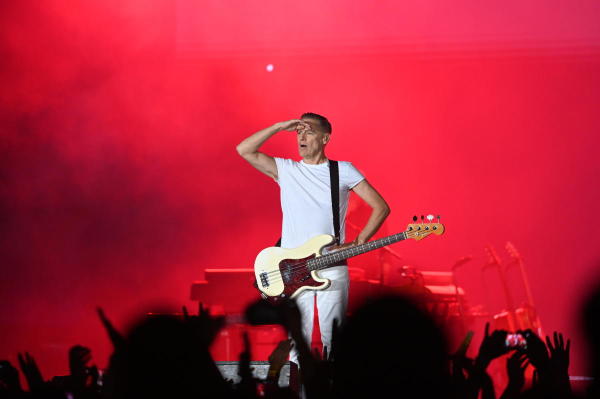Delhi High Court on Friday said a report of the National Human Rights Commission (NHRC) had suggested that police did not handle themselves “professionally” while dealing with anti-CAA protests at Delhi’s Jamia Millia Islamia University last December, and that none had been given a “clean chit”.
“It (NHRC) says law-and-order problem, but it also says inculcate professionalism (in the police). It (report) indicates that it (incident) was not handled professionally,” a bench of Chief Justice D.N. Patel and Justice Prateek Jalan said.
The police had been caught on camera brutally assaulting youngsters at Jamia to quell the protests against the Centre’s new citizenship regime, with some videos showing cops hitting unarmed boys with batons inside a library.
The court’s observations were in response to the contention of additional solicitor-general Aman Lekhi that the rights panel had found that there had been a law-and-order situation at Jamia and so police entry into the campus was legitimate.
The law officer pointed out that the report had only mentioned that there were individual instances of police excesses and that it did not say that the action as a whole was unwarranted.
Lekhi added that the commission had also left it to the police, not any outside agency, to inquire into the individual instances of transgression by its officers.
To this, the bench remarked: “That is fine. But it (report) cannot be read as a clean chit being given to anyone either.”
The high court was hearing a batch of petitions that have alleged that the police and paramilitary forces had used ruthless and excessive force on students at the university.
The pleas have sought the formation of a special investigation team or a commission of inquiry to look into the violence at Jamia last December during the students’ protests against the Citizenship (Amendment) Act (CAA).
Opposing the petitioners’ allegations, Lekhi argued that while they claim that the police action was unwarranted, the NHRC report does not say so. He said that the police action as a whole was “not disproportionate” to the violence on the campus and only in some isolated instances had disproportionate force been used.
However, inquiry into these isolated instances have been left to the police by the NHRC and this indicates that the agency can be trusted, contrary to what the petitioners are claiming, Lekhi argued.
He said that while the petitioners had claimed that the protests were peaceful, the NHRC report refers to it as “violent”. PTI
The law officer iterated his argument during the previous hearing on August 14 that the police had entered the university to restore order, which had been disrupted by incidents of arson and destruction of public property during the students’ protests.
Lekhi will continue his arguments on August 28.











